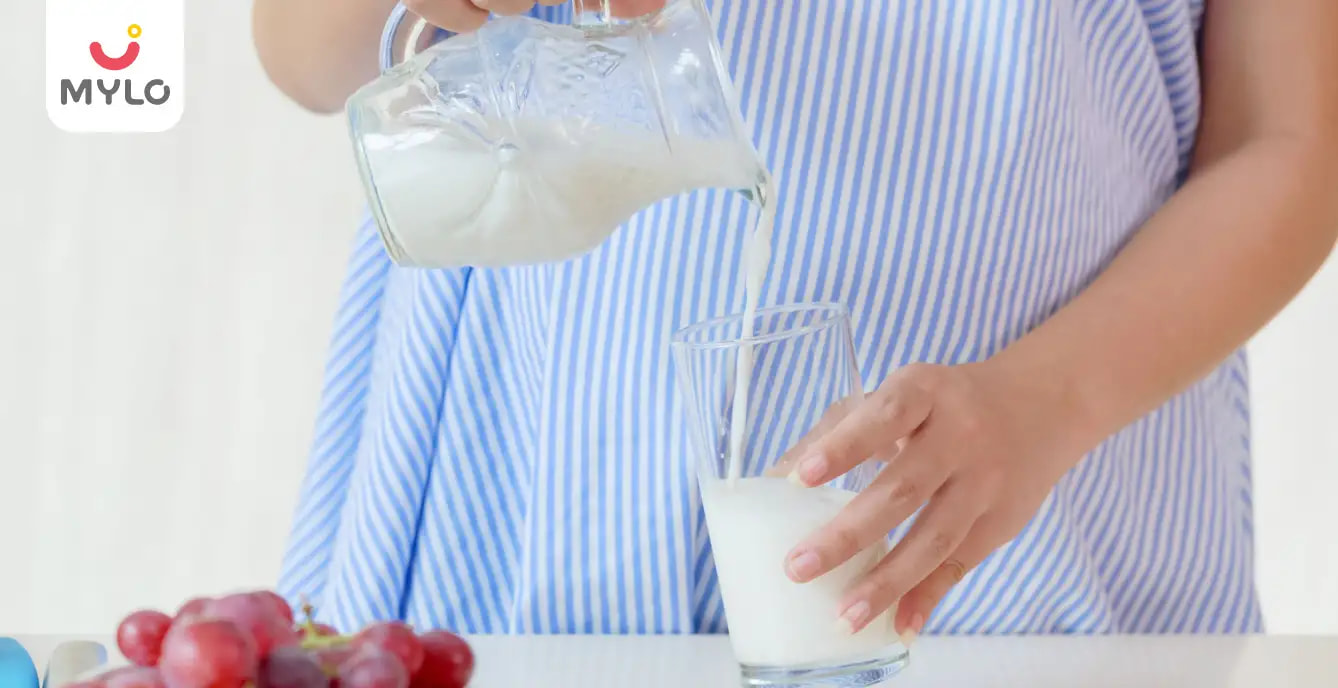Home

Breastfeeding & Lactation

Colostrum or First Milk : A Complete Guide About Its Meaning, Benefits & Side Effects
In this Article

Breastfeeding & Lactation
Colostrum or First Milk : A Complete Guide About Its Meaning, Benefits & Side Effects
Updated on 27 October 2023



Medically Reviewed by
Kusum Sabharwal
Obstetrician & Gynecologist - MBBS| DGO
View Profile

Often described as liquid gold, colostrum is a form of milk discharge released by your breasts after giving birth. Some women may also notice colostrum leakage during pregnancy. Colostrum is a precious first food for your baby due to its richness in nutrients and antibodies. In this article, we will discuss what is colostrum, its composition, benefits and side effects.
What is colostrum?
Colostrum is the first milk produced by your breasts during pregnancy and after giving birth. Rich in protein, vitamins, minerals and antibodies, colostrum milk provides nourishment to your newborn baby and builds their immune system. It is called liquid gold because it is golden-yellow in colour and has numerous benefits.
Also read: What is Colostrum and Its Importance for Baby?
Why is colostrum so important?
Colostrum is important for your newborn baby due to the following reasons:
1. Helps to fight infections
Having left the safe quarters of your womb, your baby needs protection against germs and infections. Colostrum milk contains high content of white blood cells, which are essential to produce antibodies and fight infections. It helps to protect the baby against any diseases you have already experienced.
2. Supports healthy gut function
Colostrum contains many other immunologic components and growth factors that support your baby’s intestines. The prebiotics in colostrum milk stimulate the production of good bacteria in your little one’s gut and protect against diarrhea and tummy upsets.
3. Helps prevent neonatal jaundice
Newborn babies are at a high risk of jaundice because of an underdeveloped liver and small digestive systems. Colostrum functions like a mild laxative, which allows your baby to have his first bowel movement (meconium). Colostrum helps your baby flush out all excess waste products (bilirubin) and prevent neonatal jaundice.
4. Provides essential vitamins and minerals
Colostrum is rich in protein, Vitamin A, magnesium, copper and zinc. All these nutrients are important for your baby’s vision, heart, bones, immune system and brain development. As a result, feeding your baby colostrum milk in the first days of his/her life is crucial.
5. Promotes baby’s growth and development
Colostrum differs in composition from breast milk. It contains higher proteins and antibodies and fewer lactose (milk sugar), carbs, lipids and potassium than breast milk. Because of these numerous beneficial components, colostrum milk is ideal for your baby’s growth and development.
What is colostrum made of?
Colostrum is a highly concentrated and nutrient-dense milk, which contains high protein, antibodies, Vitamin A, magnesium, copper and zinc, among others. Even if your baby consumes it in small doses, your baby will get all the nourishment and protection he/she needs from your colostrum milk.
What's the difference between colostrum and breast milk?
Here are some of the most distinct differences between breast milk and colostrum:
-
Colostrum has higher content of immunoglobins, which boost your baby’s immunity.
-
Colostrum contains twice as much protein as breast milk.
-
Colostrum has four times more zinc than breast milk.
-
Colostrum contains low fat and sugar, making it easier to digest.
-
Colostrum is thick and yellow in colour.
You may also like: Baby Milestones: A Week-By-Week Guide to Your Baby’s Development in the First Year
What components form colostrum?
Colostrum is made up of immunoglobins (antibodies), lactoferrin (an infection-preventing protein), epidermal growth factor (cell growth-stimulating protein) and leukocytes (white blood cells), among other vitamins and minerals like Vitamin A, magnesium, copper and zinc.
Which nutrients are present in colostrum?
Colostrum is rich in nutrients like proteins, Vitamins A, B12 and K. Colostrum milk also contains minerals like magnesium, copper and zinc.
When does colostrum turn to milk?
Colostrum turns into transitional milk in around 3-4 days before turning into breast milk. You may notice your breasts are firm, tender and full as your milk supply has increased. By this time, your baby’s tiny tummy will have also expanded and they will be able to drink more milk. After around 2 weeks, this transitional milk will change to mature breast milk.
What is the purpose of colostrum?
The purpose of breasts or mammary glands is to produce milk so the baby can be fed. Colostrum is not only the first milk your baby will consume after birth but it is the ideal first food. Because it is highly concentrated with nutrients and antibodies that promote immunity, growth and development.
You may also like: How To Feed A Newborn Baby?
What are the advantages of colostrum?
Here are some of the advantages of colostrum:
-
Helps to fight infections
-
Supports healthy gut and immune function
-
Reduces risk of neonatal jaundice
-
Provides essential vitamins and minerals
-
Aids baby’s growth and development
How does colostrum appear?
Your body begins to produce colostrum between weeks 12-18 during pregnancy. Many women may even experience leakage of colostrum from their nipples during their pregnancy, at times of sexual arousal, breast massage or hearing a baby cry. You will produce between a tablespoon to an ounce of colostrum milk within the first 24 hours of childbirth.
How can I tell whether I'm producing colostrum?
You may not know whether you’re or are not producing colostrum since there are no signs to signify its production. But all women produce colostrum during their pregnancy. In fact, it’s rare for a pregnant woman to not be able to produce colostrum. After childbirth, your baby will tell you if they are getting colostrum by maintaining their weight and wetting their diapers.
How long does colostrum last?
Your body will produce colostrum for up to 5 days after childbirth. Then, it will begin to turn into transitional milk, which further changes into mature milk. But traces of colostrum will remain in your breast milk for up to 6 weeks.
You may also like: Importance and Benefits of Breastfeeding for Both Mom and Baby
What occurs if colostrum isn't produced?
Most pregnant women will produce colostrum even if it is low in quantity, not producing colostrum milk is rare. You may feel as if your breasts are not releasing any colostrum milk or your baby is getting too low. But don’t worry, your baby only needs very little quantity, just a few teaspoons to fill their tiny tummy.
How should pumped colostrum be stored?
Ideally, you should breastfeed colostrum milk to your baby but if you and your doctor decide to express and store colostrum, then you must follow some rules. Make sure to store colostrum in a sterile container or syringe. You can keep it in your refrigeration for around 2-3 days. If you plan to store it for longer, then you must freeze it and it can be stored for at least 3 months.
You may also like: Complete Guide to Breast Milk Pumping for New Moms
FAQs
Colostrum Side effects
Since colostrum is produced during pregnancy and stored in a mother’s breasts for months, some people believe it to be stale and unfit for a baby’s consumption. However, colostrum has no side effects for babies rather it is extremely beneficial.
Colostrum Uses
Colostrum milk is extremely helpful in developing a newborn baby’s immune system, boosting their growth and development and preventing jaundice and poor digestion.
Colostrum Taste
Colostrum may taste salty because of its high sodium content. It also has lesser fat content which make its taste different than breast milk or cow milk.
Colostrum Contents
Colostrum contains proteins, immunoglobins (antibodies) and essential vitamins and minerals. It has less fat and sugar content.
Colostrum Nutrition
Colostrum is rich in nutrients like proteins, Vitamins A, B12 and K. Colostrum milk also contains minerals like magnesium, copper and zinc.
How much colostrum is required for a newborn?
A newborn baby’s stomach is about the size of a marble, meaning their feeding requirements are very low. They only need about a teaspoon of colostrum around 8-10 times a day.
Should I take supplements?
No, you don’t need to take any supplements as your baby requires only very little colostrum. As long as your baby is gaining weight and wetting the diapers, you’re good to go.
Can colostrum be squeezed out?
You should not squeeze out colostrum before your baby is born without consulting your doctor. After your baby’s born, you can hand express colostrum for your newborn.





Medically Reviewed by
Kusum Sabharwal
Obstetrician & Gynecologist - MBBS| DGO
View Profile


Written by
Ravish Goyal
Official account of Mylo Editor
Read MoreGet baby's diet chart, and growth tips

Related Articles
Related Topics
RECENTLY PUBLISHED ARTICLES
our most recent articles
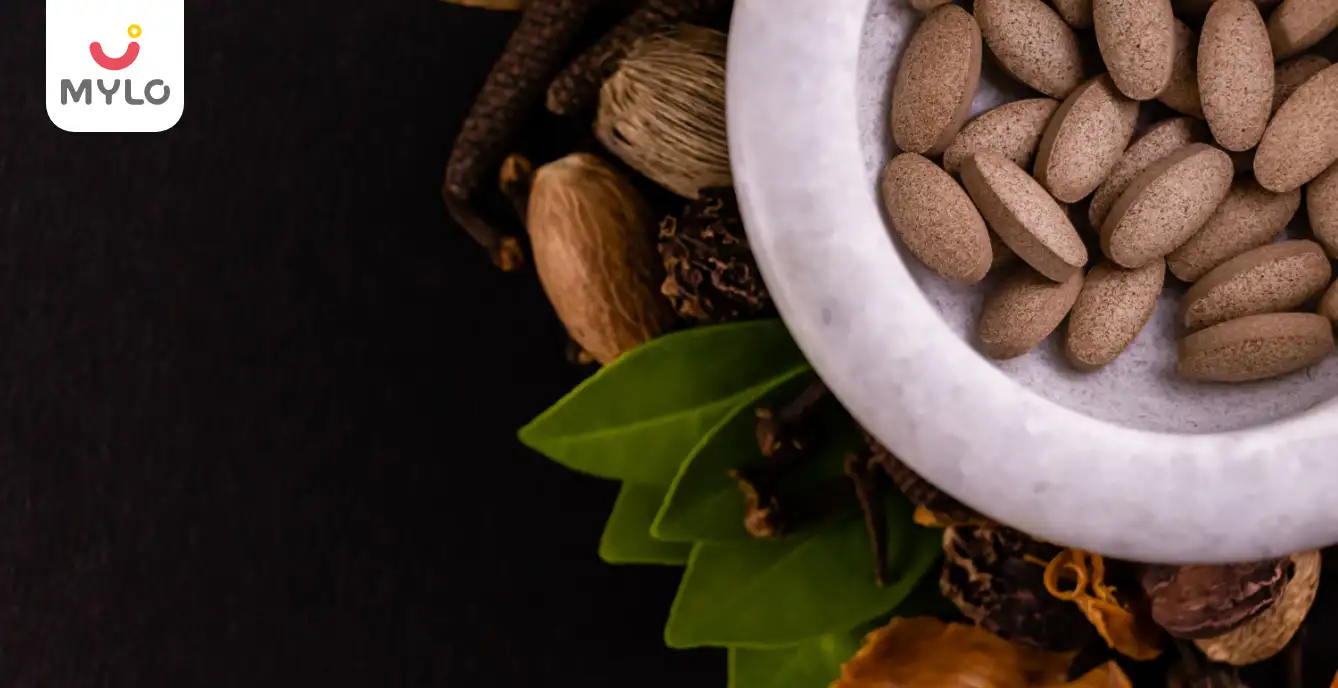
Ayurveda & Homeopathy
Ayurvedic Medicine for White Discharge: A Guide to Discovering Natural Solutions
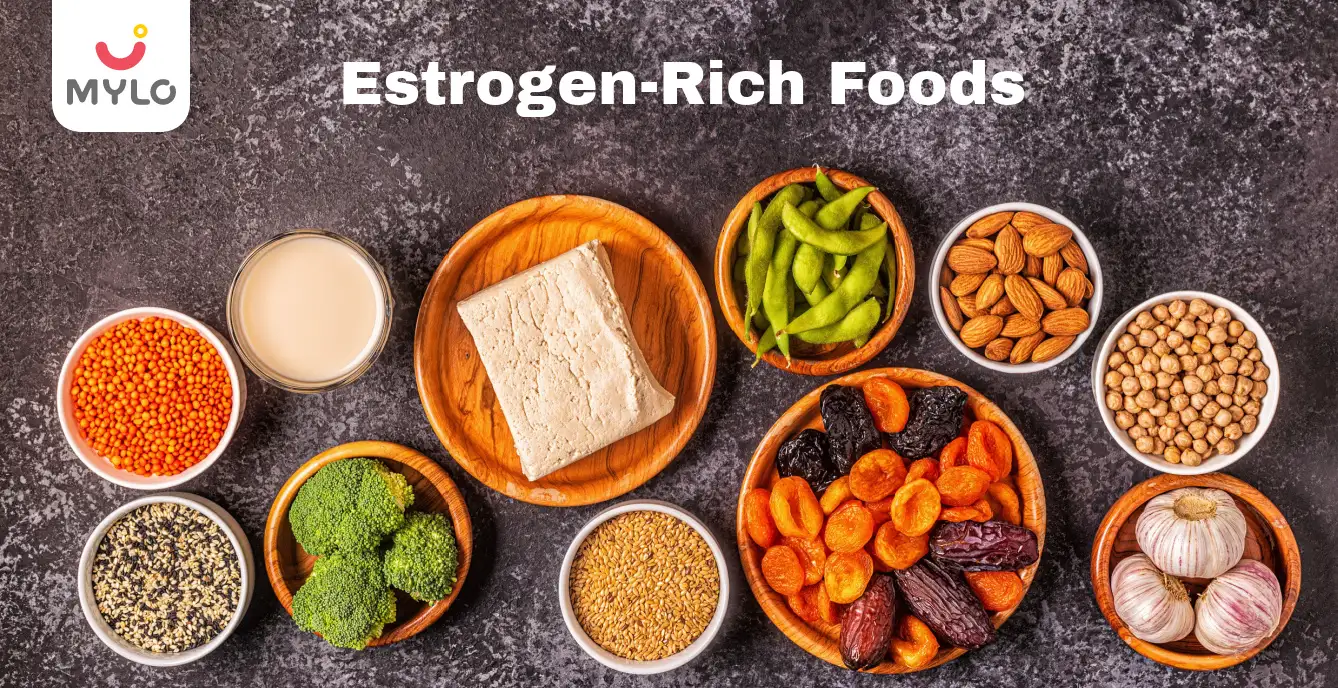
Women Specific Issues
The Ultimate Guide to Estrogen-Rich Foods and Their Benefits
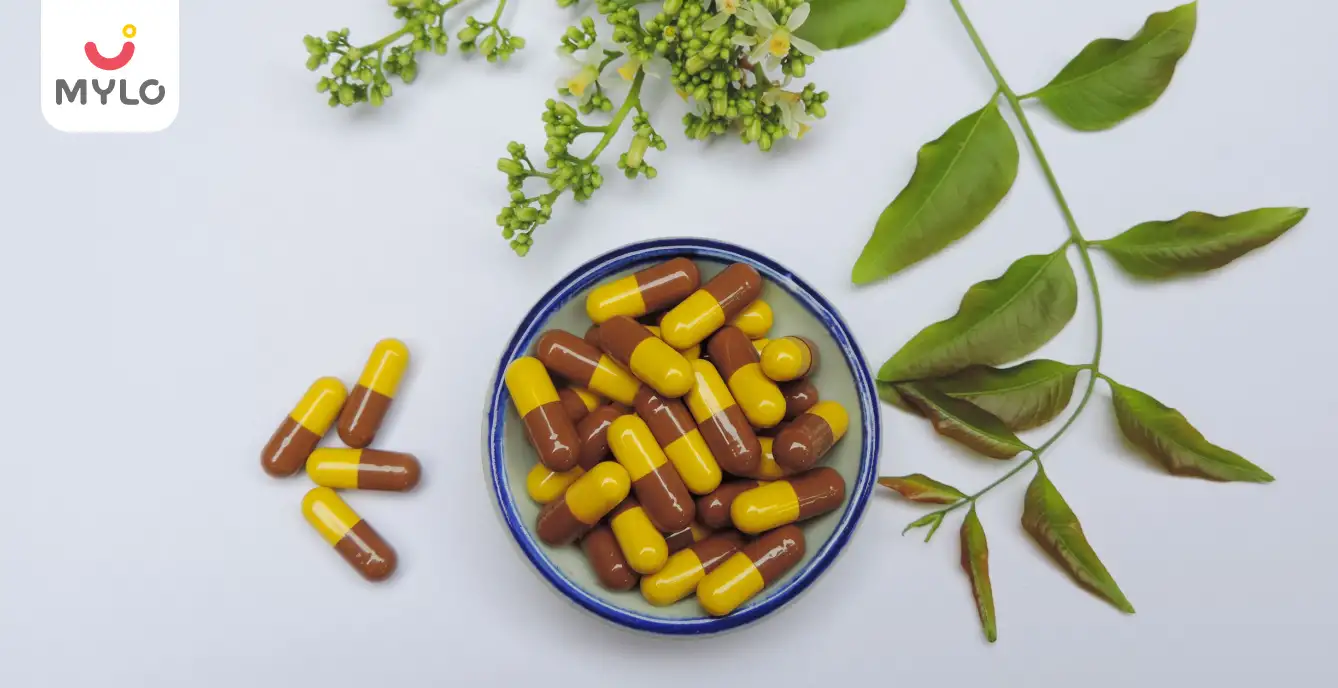
Ayurveda & Homeopathy
Ayurvedic Medicine for Erectile Dysfunction: A Guide to Discovering Natural Solutions
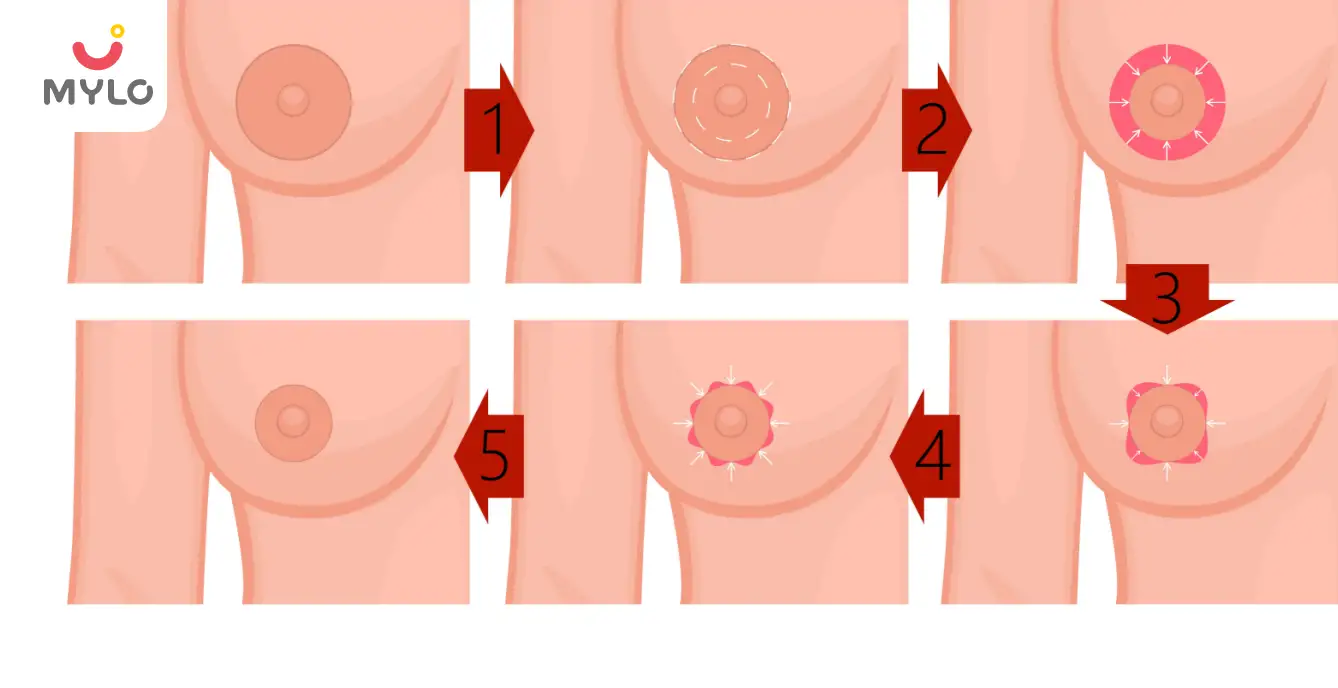
Women Specific Issues
Big Areolas: A Comprehensive Guide to Causes, Risks and Treatments

Anaemia
Anemia During Pregnancy: Symptoms, Causes & Management
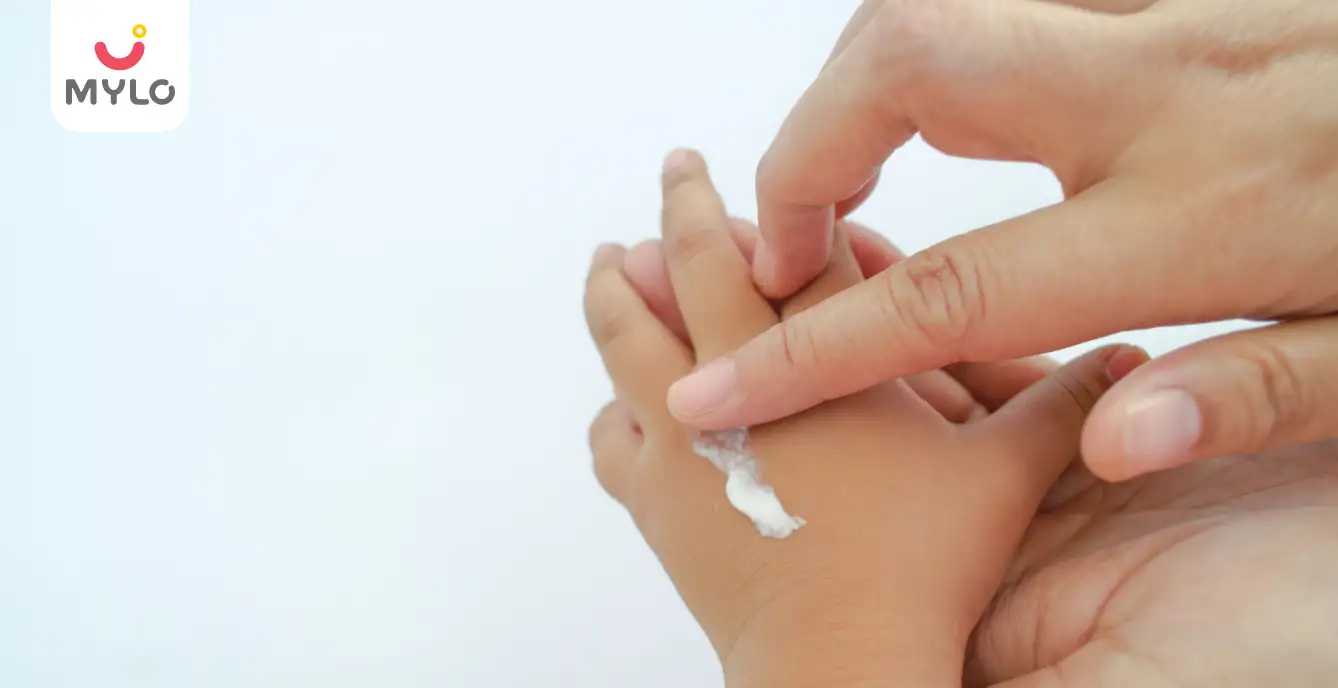
skin care
The Benefits and Risks of Using Hydrocortisone Cream for Babies
- The Ultimate Guide to Planning for Second Baby
- The Ultimate Parent's Guide to Dealing with Boils in Babies
- 2 Months Pregnant Belly: Understanding Your Belly and Baby's Transformation
- The Significance of Trilaminar Endometrium in Fertility: What You Need to Know
- Kanchanar Guggulu: Your Ultimate Guide to a Healthy Lifestyle
- First Trimester of Pregnancy
- Top 10 Comedy Movies on Hotstar to Make You Laugh Your Heart Out
- Stages of Pregnancy by Trimester
- Your Streaming Guide to the Best Web Series on Hotstar in Hindi
- Top Romantic Movies on Hotstar That'll Melt Your Heart
- When to Have Another Child: Timing and Tips
- Top 10 Benefits of Triphala: Discover the Hidden Health Secrets
- Ayurvedic Medicine for Irregular Periods: Discovering Ancient Remedies for Hormonal Harmony
- The Link Between Missed Period and White Discharge


AWARDS AND RECOGNITION

Mylo wins Forbes D2C Disruptor award

Mylo wins The Economic Times Promising Brands 2022
AS SEEN IN
















- Mylo Care: Effective and science-backed personal care and wellness solutions for a joyful you.
- Mylo Baby: Science-backed, gentle and effective personal care & hygiene range for your little one.
- Mylo Community: Trusted and empathetic community of 10mn+ parents and experts.
Product Categories
baby carrier | baby soap | baby wipes | stretch marks cream | baby cream | baby shampoo | baby massage oil | baby hair oil | stretch marks oil | baby body wash | baby powder | baby lotion | diaper rash cream | newborn diapers | teether | baby kajal | baby diapers | cloth diapers |





